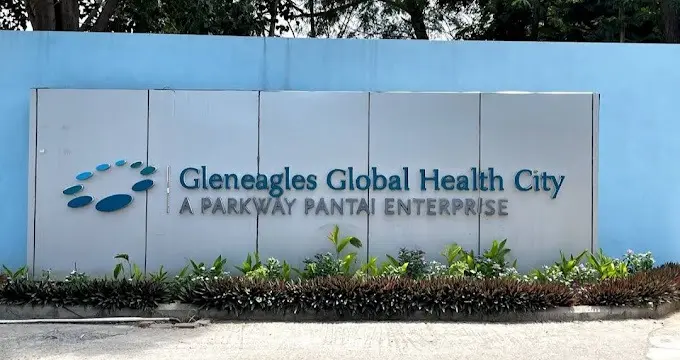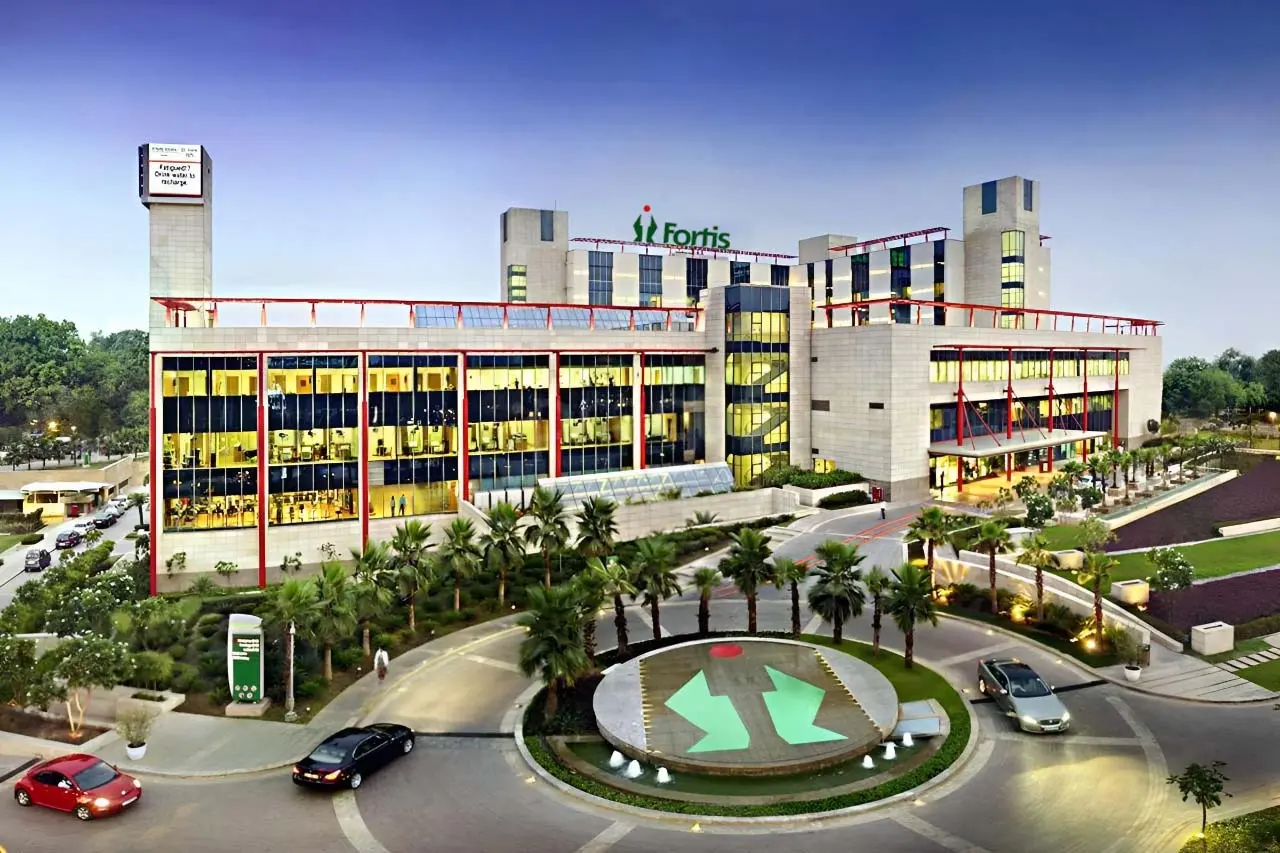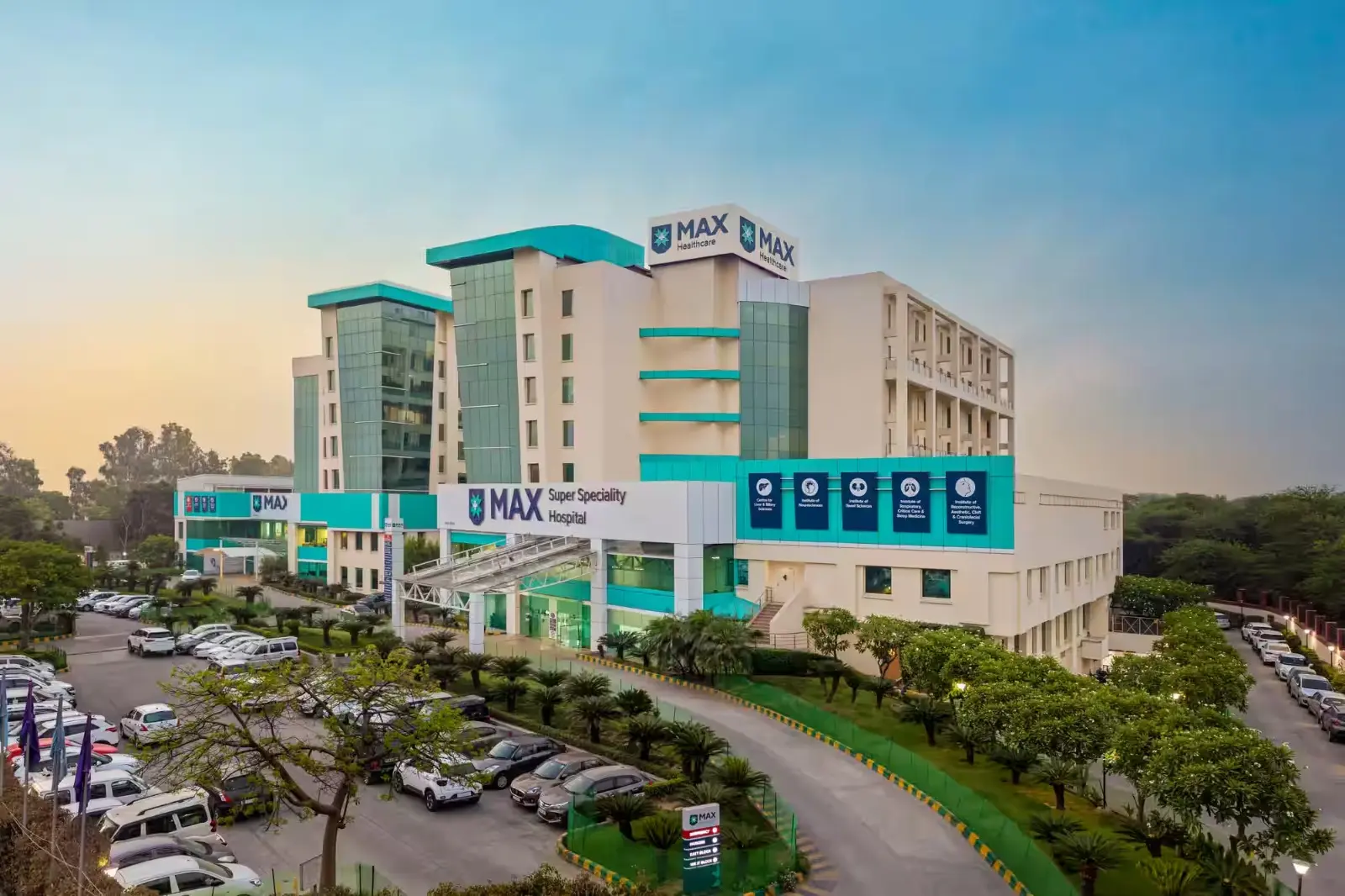Epilepsy Surgery cost in India
Epilepsy treatment cost in India ranges from $8500 to $25,000, which is equivalent to approximately 722,500 to 2,125,000 INR. The cost varies as per the treatment advised or the type of surgery performef.
For most patients, epilepsy can be managed with anti-epileptic medications, which cost around $10 to $50 per month (₹800–₹4,000 INR). In more complex cases where seizures are not controlled by medicines, doctors may recommend advanced testing (like EEG, MRI) and even epilepsy surgery or vagus nerve stimulation (VNS) or deep brain stimulation (DBS).
Cost Range of Epilepsy Surgery cost in India
What is Epilepsy?
Epilepsy is a neurological condition that causes a person to have repeated seizures. Seizures happen when there is a sudden burst of unusual electrical activity in the brain, which can lead to changes in movement, behavior, awareness, or feelings.
Some people may have mild episodes like staring spells or brief confusion, while others may have full-body convulsions. Epilepsy can begin at any age and may be caused by genetic factors, brain injury, infections, or unknown reasons.
Although epilepsy is a chronic condition, it can often be well-managed with medication. In some cases, surgery or other treatments may be needed. With the right care, most people with epilepsy can live a full and active life.
Get a free cost estimate
Who is Eligible for Epilepsy Surgery in India?
1. Medical Eligibility
- Criteria: Patients with drug-resistant epilepsy, meaning seizures are not controlled even after trying 2–3 anti-epileptic medications.
- Diagnosis of focal epilepsy, where seizures originate from one specific area of the brain.
- Completed a comprehensive epilepsy evaluation, including EEG, MRI, and sometimes PET or SPECT imaging.
- No underlying progressive brain disease or condition that would make surgery unsafe.
2. Additional Considerations
- Children and adults can be considered for surgery if criteria are met.
- Patients must be medically stable and fit for anesthesia.
- Families must be prepared for post-surgery follow-up and sometimes rehabilitation.
Types of Epilepsy Surgery in India
Here is an overview of the common types of epilepsy surgeries along with their approximate cost range in USD:
Type of Surgery | Description | Approximate Cost(USD) |
Temporal Lobectomy | Removal of a portion of the temporal lobe (common site of focal epilepsy). | $6,500 – $8,500 |
Lesionectomy | Removal of a tumor, scar, or abnormal tissue causing seizures. | $6,500 – $7,500 |
Corpus Callosotomy | Cutting the nerve fibers that connect the brain’s two halves to prevent spread of seizures. | $6,500 – $6,000 |
Functional Hemispherectomy | Disconnects one hemisphere of the brain in severe, drug-resistant epilepsy. | $7,000 – $9,000 |
Vagus Nerve Stimulation (VNS) | Involves implanting a device that sends electrical signals to the brain via the vagus nerve. | $24,000 – $25,000 |
| Deep Brain Stimulation (DBS) | It is a surgical treatment that uses electrical impulses to help reduce seizures in people with drug-resistant epilepsy. | $25,000 – $28,000 |
Get a free cost estimate
Epilepsy surgery Cost in India Inclusions
- First consultation
- Treatment as advised
- Cost of device as needed
- Routine drugs and consumables required during hospitalization
- Pre-anesthesia check up and clearance
- Hospital stay and meals as per the package
Epilepsy surgery Cost in India Exclusions
- Pre-operative examination and tests
- Hotel stay, meals and flights
- Extended hospital stay
- Post-treatment follow-ups
- Treatment for any other underlying medical conditions
- Any complex investigations or drugs
Other Factors Affecting Epilepsy Treatment Cost in India
- Type of surgery advised
- Choice of location, doctor, and hospital
- Pre-existing medical history
- Type and duration of treatment advised
- Duration of hospital stay
Types of Tests Used to Diagnose Epilepsy
Test Type | Purpose | Common Tests and Cost (in USD) |
Neurological Exam | Checks brain function, reflexes, coordination, and sensation. | In-clinic physical and cognitive evaluations. This cost sabout 20 to 30 USD. |
EEG (Electroencephalogram) | Detects abnormal electrical activity in the brain that may indicate seizures. | Standard EEG, Video EEG (longer and recorded for detailed seizure monitoring). This costs about 30 to 50 USD. |
Imaging Tests | Looks for structural problems in the brain like tumors, scar tissue, or injuries. | MRI (Magnetic Resonance Imaging), CT scan. This costs about 300 to 400 USD. |
Blood Tests | Identifies possible causes like infections, metabolic issues, or genetic disorders. | CBC, electrolytes, glucose levels, liver/kidney function tests. This costs about 50 to 70 USD. |
Neuropsychological Tests | Measures memory, attention, and problem-solving to check brain areas affected by epilepsy. | Standardized cognitive tests conducted by a neuropsychologist. This costs about 20 to 30 USD. |
Genetic Testing | Used in children or people with unexplained epilepsy to check for inherited conditions. | Gene panels or whole exome sequencing (if advised by a specialist). This costs about 100 to 200 USD. |
Functional Imaging (if needed) | Helps plan epilepsy surgery by identifying seizure-generating areas in the brain. | PET scan, SPECT scan, fMRI (functional MRI). This costs about 300 to 400 USD. |
Why India is Preferred for Epilepsy Treatment?
India has rapidly emerged as a top choice for epilepsy treatment, attracting both domestic and international patients seeking high-quality yet affordable care. According to reports, over 12 million people in India live with epilepsy, leading to significant advancements in diagnosis, treatment, and surgical options.
Patients looking for epilepsy treatment in India benefit from cutting-edge technologies like video EEG monitoring, 3 Tesla MRI, PET scans, and minimally invasive epilepsy surgeries that improve precision and outcomes. Success rates for epilepsy surgery in India range from 60% to 80% seizure-free outcomes, comparable to global standards.
The cost of epilepsy surgery in India is highly affordable, typically between $6,500 to $24,000, while medical management may start as low as $500. This cost is significantly lower than in the US or UK, without compromising on quality. Top hospitals like Apollo Hospitals, Fortis Healthcare, Max Healthcare, and Marengo Asia house dedicated epilepsy centers in India, offering multidisciplinary care involving neurologists, neurosurgeons, neuropsychologists, and rehabilitation experts. These centers cater to both adult and pediatric epilepsy cases, ensuring specialized treatment plans for children with drug-resistant epilepsy or rare seizure disorders. Moreover, international patients seeking epilepsy treatment in India enjoy streamlined visa processes, multilingual support staff, affordable accommodations, and compassionate follow-up care, making the entire medical journey smooth and reassuring.
With world-class infrastructure, experienced epilepsy specialists, and cost-effective treatment options, India remains one of the best destinations for epilepsy surgery and medical management, offering hope and a better quality of life for patients and families worldwide.
Best Hospitals for Epilepsy Treatment in India
Best Doctors for Epilepsy Surgery in India
FAQs
Symptoms vary but may include:
- Sudden jerking or stiffness of the body
- Blank staring spells
- Loss of awareness
- Unusual sensations or behavior
- Temporary confusion or unresponsiveness
While there is no guaranteed cure, many people with epilepsy can become seizure-free with the right treatment, especially with medications or surgery when needed.
Epilepsy can be caused by:
- Brain injury at birth or later in life
- Genetic conditions Infections like meningitis
- Stroke or brain tumors
- In many cases, the exact cause may not be known.
Yes. For patients with drug-resistant epilepsy, surgery may be an option. It can involve removing or disconnecting the part of the brain causing seizures.
Yes. With proper care, most people with epilepsy can study, work, travel, and enjoy normal lives. They may need to follow some safety precautions.
No. Epilepsy is not contagious and it is not a mental illness. It is a medical condition related to how the brain works.
Common side effects may include drowsiness, dizziness, weight changes, mood changes, or stomach upset. Most side effects are mild and go away with time or dose adjustment. Your doctor will monitor you closely to keep side effects minimal.
Some children may face learning difficulties if their seizures are frequent or if medication causes tiredness. However, with support from teachers and regular treatment, most children with epilepsy do well in school.
Yes. Women with epilepsy can have healthy pregnancies and children, but they may need special care to manage medication and seizure control during pregnancy. Always consult your neurologist before planning a pregnancy.
It’s possible, especially if medication is stopped too early or a new trigger appears. Always follow your doctor’s advice on when to stop or reduce medication.
Yes, when done in experienced centers. Epilepsy surgery is safe and effective for many patients who don’t respond to medication.
Risks depend on the location of the brain treated. Possible risks include:
- Infection
- Bleeding
- Memory or language difficulties (rare)
- Neurological changes (temporary or permanent in some cases)
Most patients continue anti-seizure medications for at least 1–2 years post-surgery. Some may reduce or stop meds over time — but this decision is made cautiously by your neurologist.
Yes, children — even as young as infants — can safely undergo surgery, especially if seizures are affecting development. Pediatric epilepsy surgery has high success rates when planned properly.




